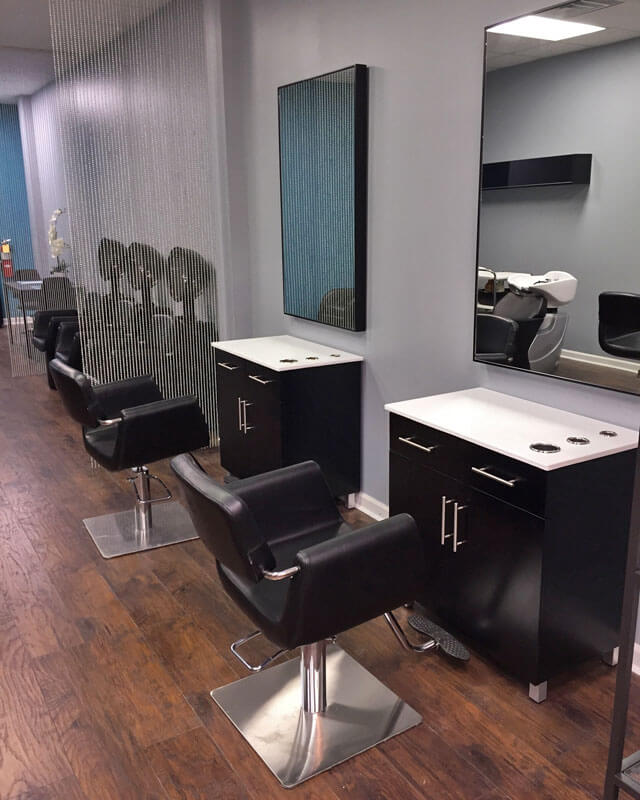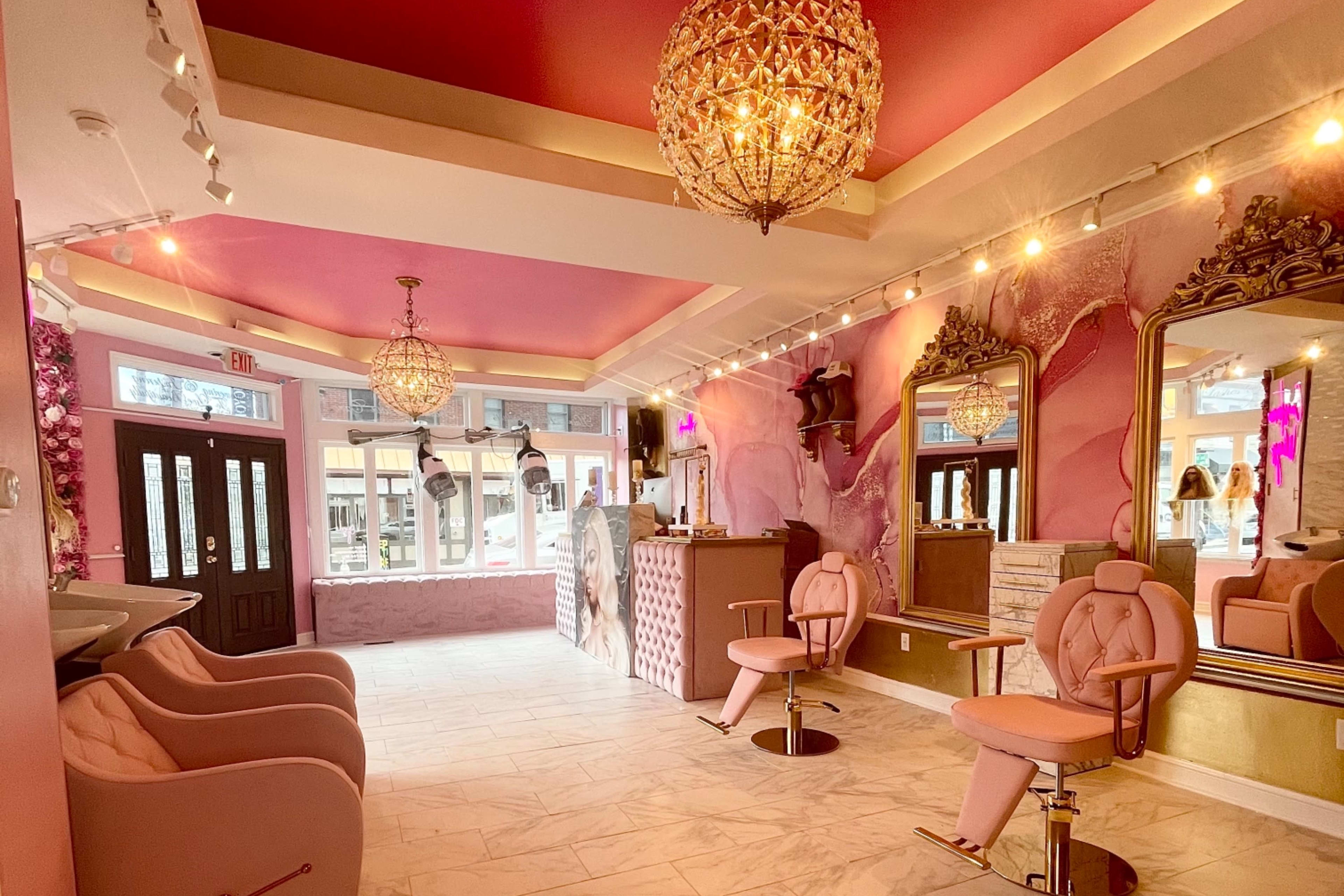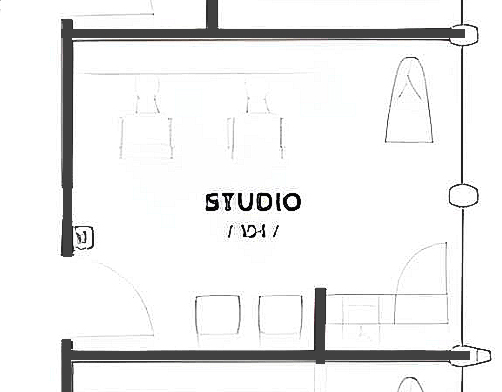Strategic Choices: Considering the Advantage of Leasing Versus Having a Beauty Salon Area to Optimize Long-Term Success and Financial Feasibility
When it pertains to developing a salon business, one of the important decisions that owners must very carefully consider is whether to lease or own the space in which they run. The selection in between leasing and possessing a hair salon room can have a significant effect on the long-term success and financial health of the service. Factors such as operational flexibility, monetary implications, and financial investment potential play a vital function in this critical decision-making procedure. By discovering the advantages and disadvantages of each option, beauty salon owners can make educated choices that line up with their business objectives and aspirations.

Advantages And Disadvantages of Leasing
When taking into consideration the decision in between leasing a beauty salon space or possessing one, it is vital to evaluate the pros and disadvantages of leasing to make an informed selection. One key benefit of renting a salon area is the flexibility it provides. Leasing allows beauty parlor proprietors to test different locations or high end their organization without the commitment of a long-lasting mortgage. In addition, leasing generally entails fewer upfront expenses, making it a more available alternative for brand-new beauty parlor owners or those with budget plan restraints.

Financial Elements to Think About

Considering the monetary implications of leasing a beauty salon space versus having one is vital for making a knowledgeable organization decision. When reviewing the economic elements, it is important to assess the preliminary expenses related to each alternative. Leasing a salon room generally requires a safety down payment and month-to-month rental fee settlements, whereas possessing involves a deposit, home mortgage payments, real estate tax, and maintenance expenses.
Additionally, the long-lasting economic effects differ between renting out and possessing. Renting supplies adaptability yet might cause higher advancing prices over time as a result of rental rises. On the other hand, owning a hair salon space supplies prospective equity development and the possibility to build assets. It is very important to carry out a cost-benefit evaluation to figure out which alternative lines up finest with your financial objectives and company technique.
Leasing might offer reduced upfront costs, allowing you to assign even more sources to marketing and service development. Evaluating these economic factors comprehensively will assist you make a tactical decision that maximizes your beauty salon's lasting success and monetary viability.
Operational Adaptability and Control
Optimum operational effectiveness plays a critical function in identifying the equilibrium in between flexibility and control when determining in between leasing and possessing a beauty salon space. Renting out a beauty salon try this out room uses inherent flexibility as it allows for simpler changes to changing market problems, customer choices, or organization demands.
On the various other hand, owning a beauty salon space gives a better feeling of control over the home and its procedures. Proprietors have the liberty to customize the area to their liking, apply long-term approaches without the danger of lease terminations, and possibly build equity with time. However, ownership likewise features obligations such as residential property upkeep, insurance policy, and real estate tax, which can influence the total monetary dedication.
Ultimately, the decision between leasing and possessing need to consider the wanted degree of functional versatility and control that straightens with the salon's long-lasting goals and vision.
Investment Potential in Possession
Offered the operational factors to consider reviewed earlier, checking out the investment potential in salon ownership loses light on the economic implications and long-term benefits that come with possessing from this source a beauty salon area. By investing in a beauty salon space, proprietors have the prospective to benefit from residential or commercial property admiration, which can serve as an important asset in the long run.
Furthermore, ownership permits for better control over the area, enabling owners to tailor and customize the hair salon to their details brand and vision without the constraints usually enforced by proprietors. This level of control can enhance the total client experience and brand identity, potentially bring about increased client retention and service growth.
In regards to investment potential, possessing a salon area can likewise open possibilities for additional revenue streams, such as leasing unused room to various other beauty experts or including retail sales within the hair salon. Salon suites. These diversified income sources can add to the overall monetary health and sustainability of the company
Long-Term Security and Development
With a concentrate on sustainability and expansion gradually, developing long-term stability and promoting development are critical elements of hair salon possession. To guarantee lasting stability, salon owners must thoroughly consider factors such as place, market trends, and monetary preparation. Choosing in between renting out and owning a hair salon area plays a substantial duty in determining the organization's development possibility.
Renting a salon room offers adaptability and reduced first prices, enabling owners to allocate sources towards improving services and advertising initiatives. Nevertheless, long-lasting rental expenses can affect earnings and restrict the ability to build equity in the home. On the other hand, possessing a hair salon space provides stability through dealt with mortgage settlements and the possibility for residential or commercial property gratitude. By having the space, beauty parlor owners have more control over customizing the property to match their brand and can gain from lasting asset development.
Eventually, the decision in between leasing and possessing a beauty salon space need to straighten with visit the website the proprietor's long-lasting organization goals and economic purposes. Whether focusing on versatility or equity building, a critical approach to building ownership can considerably impact the salon's security and growth trajectory.
Conclusion
In conclusion, the decision in between leasing and having a salon area calls for a mindful evaluation of monetary elements, operational versatility, investment potential, and long-lasting security. Both options feature their very own collection of benefits and downsides, and it is crucial for hair salon proprietors to weigh these variables to enhance lasting success and economic viability. Hair salon suites. Ultimately, the choice in between leasing and owning ought to be based upon a thorough evaluation of specific service objectives and circumstances